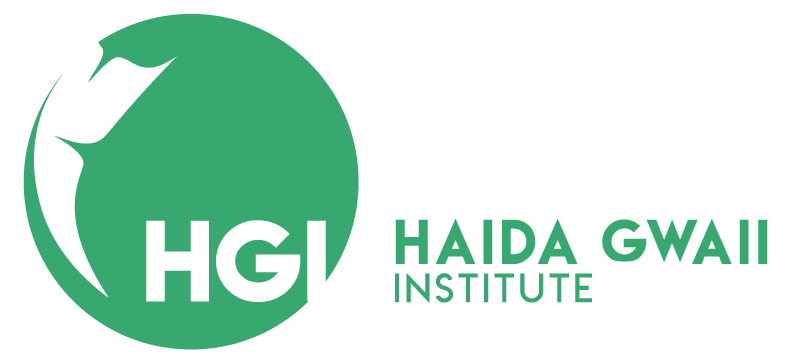Online Learning with the
Haida Gwaii Institute
Upcoming Courses
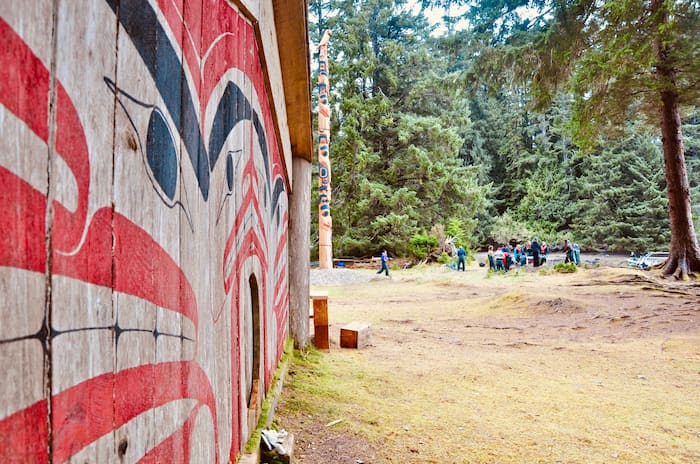
HGSE 311 Law & Governance: Indigenous & European Traditions
January to April 2025, Exact Dates & Times TBCBackground on sources of Aboriginal and Canadian Law; detail on Section 35 of the Consitution Act; a review of relevant Canadian case law; insight on the importance of international law; and other literature on governance.
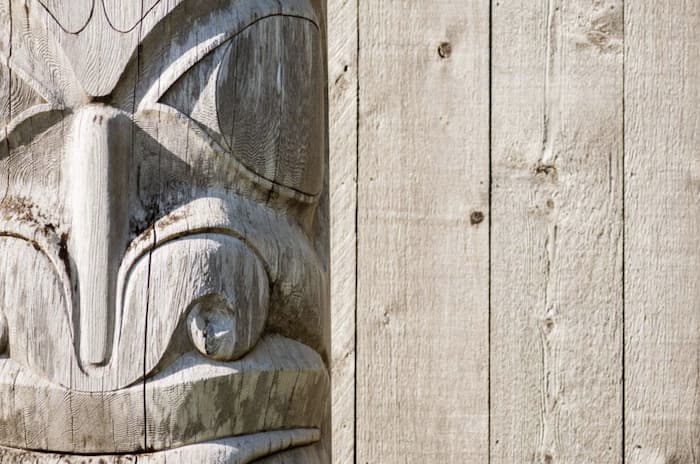
HGSE 312 Perspectives on Reconciliation
Offered January to April 2025, Exact Dates & Times TBCNotions of reconciliation and restitution that have emerged in Canada across space and time; key principles, discourses, legal and constitutional mechanisms, actions, and actors.
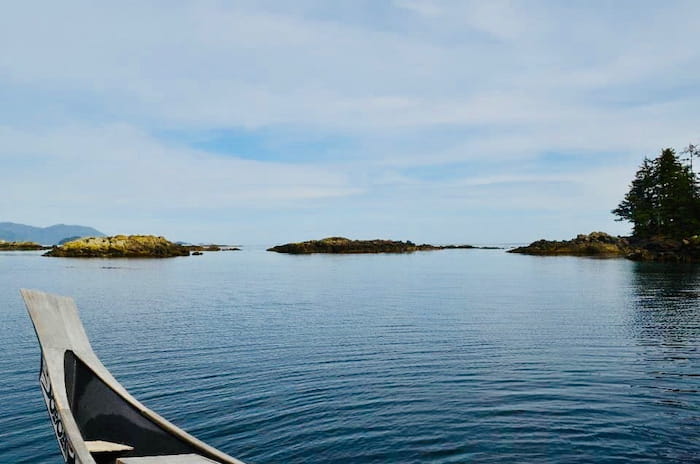
HGSE 360 Ocean People, Culture & Tradition
Instructed by Gid Yahk’ii Sean Young
Offered September – December, 2024
Every Monday and Wednesday from 10:00am to 11:30am Pacific
The Haida people have lived within the marine environment since time immemorial. This course will be an in-depth study of Haida culture and tradition from the ‘pre-contact’ era before 1774, to modern day 21st century. The focus of our learning will be on how the Haida people and culture are intricately related to their marine environment; how they were sustained by and managed traditional marine resources, and how management has changed over time. This course will cover important topics including Haida oral histories, ceremonial practices, and unique world views as they pertain to marine conservation.
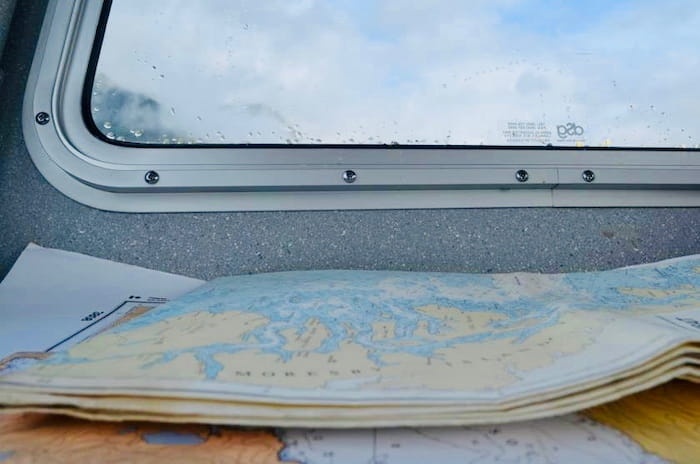
HGSE 361 Fisheries Co-Management of the North Pacific Coast
Offered September – December, 2024Every Tuesday and Thursday from 10am to 11:30am Pacific
This course exposes students to concepts of fisheries co-management with a focus on the North Pacific Coast while also providing examples of other co-management structures regionally and internationally. It provides an overview of the historical context of co-management structures in the North Pacific Coast and court decisions that have become landmarks in the recognition of Aboriginal rights to manage local resources. More specifically, through local guest speakers, this course offers a perspective of traditional fisheries and marine management by the Haida Nation within Haida territorial waters, as well as the local settler fishing community of Haida Gwaii, and representatives of the Province of BC and Government of Canada.
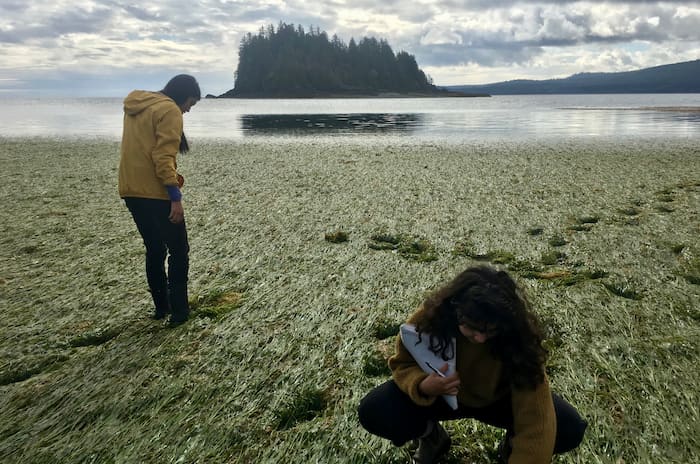
HGSE 394 Marine Conservation in BC
Instructed by Dr. Lais Chaves
Offered January – April 2025 Every Tuesday and Thursday from 1pm to 2:30pm Pacific
Building on successful experience in marine conservation through a series of online lectures and discussions, this course is designed to provide students the exposure to different perspectives and methodologies applied to the conservation of marine environments in BC. Selected guest speakers will provide speakers with opportunities for real-world experience of local culture, tradition and history, local and community-led conservation initiatives, and marine protected areas.
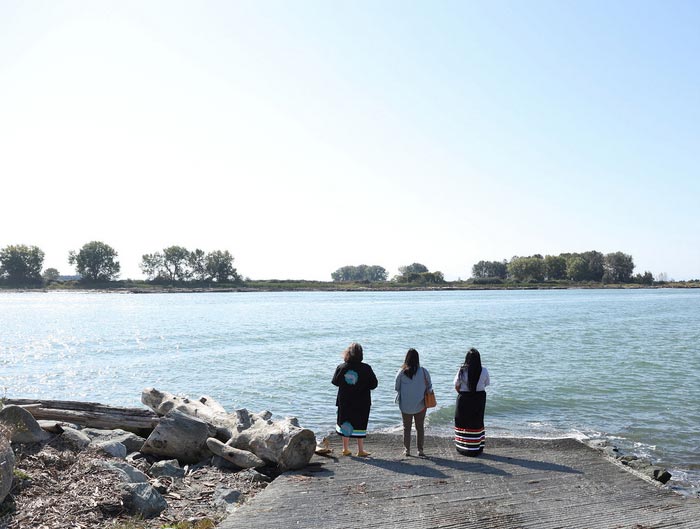
HGSE 313 Reconciliation & Resource Management
Offered July to August 2025, Exact Dates & Times TBCAn exploration into relationships and reconciliation processes between Indigenous peoples and other governments in the context of land and sea governance.
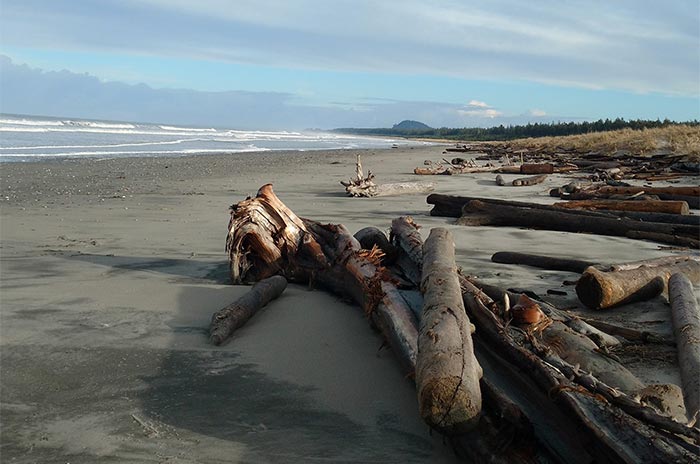
HGSE 383 Social Innovation & Entrepreneurship
July to August 2025, Exact Dates & Times TBC
An examination of the relationships between culture, ingenuity, creativity, entrepreneurship and innovation required to understand and foster systems change through Indigenous and cross-cultural examples.
